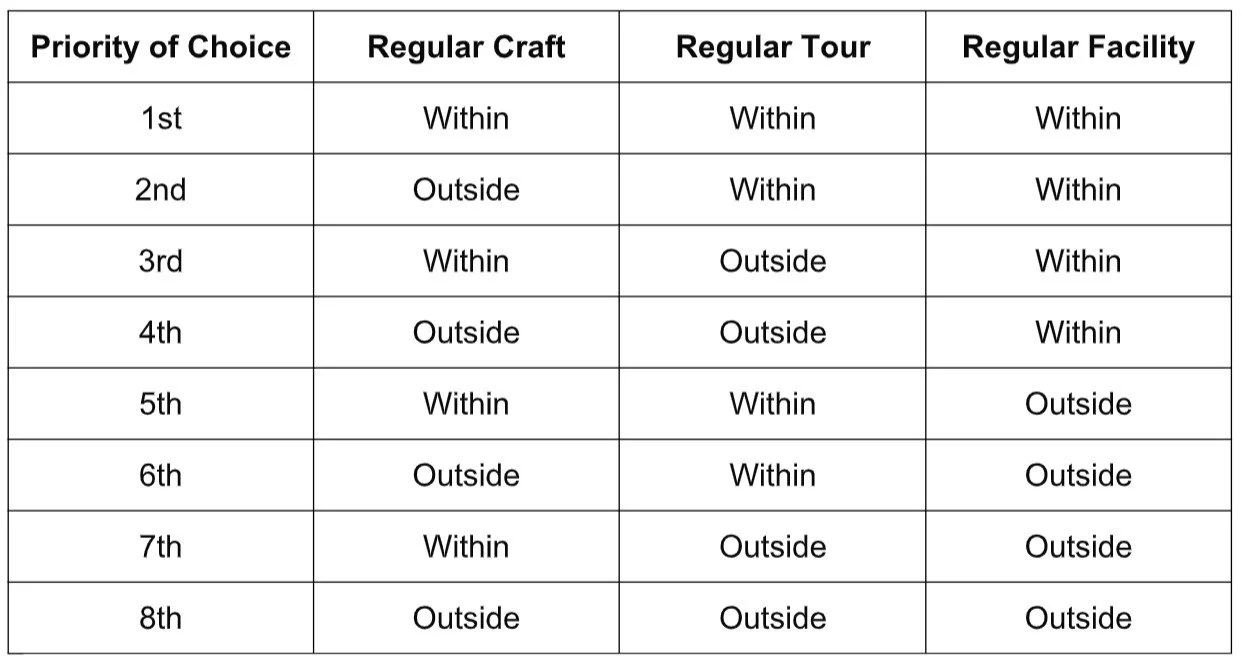Limited Duty Job Offers: What you need to know!
Limited duty job offers at the Postal Service are assignments for employees who have partially recovered from a job-related injury or illness, and are designed to accommodate their medical restrictions. The NALC plays a role in protecting the rights of injured workers during this process.
The Postal Service’s Obligation:
The USPS is required to make “every effort” to provide limited duty assignments consistent with an employee’s medical limitations. This involves minimizing any adverse impact on the employee. The chart below outlines the efforts management is obligated to make:
Handbook EL 505 Injury Compensation
Job Offer Process:
The Postal Service typically uses PS Form 2499, “Offer of Modified Assignment (Limited Duty)”, to make a job offer. The limited duty job assignment is offered in writing and includes the following information:
A description of the duties to be performed.
The specific physical requirements of the position and any special demands of the workload or unusual working conditions.
The organizational and geographical location of the job.
The date on which the job will first be available.
Supervisors are expected to discuss the offer and duties with the employee. If the employee has concerns or believes the duties exceed their restrictions, they should discuss these with the supervisor and, if possible, suggest alternatives. If the employee is at the work site and has not lost work time beyond the date of the injury, management should extend the offer immediately. If the employee is not currently working, initially, the job should be offered by telephone and followed up with a written job offer.
Employee’s Rights and Protections:
Employees can take the job offer to their personal doctor for review before accepting or refusing. Please note, crucially, refusing a limited duty job offer can lead to termination of benefits, including schedule awards.
The NALC advises that if an employee is told to accept or refuse the offer immediately and they have doubts, they should accept it under protest by writing this next to their signature. This preserves their ability to challenge the job offer later. The NALC stresses that if portions of the job offer exceed the employee’s restrictions, this should be documented on the PS Form 2499 under Section IV: Documentation.
Employees are encouraged to consult with their NALC steward if they have concerns about a job offer.
Role of OWCP and Medical Evidence:
The Office of Workers’ Compensation Programs (OWCP) has the authority to determine if a job offer is "suitable" based on the employee’s medical restrictions. Employees can submit medical reports from their doctor directly to OWCP, either via mail or through ECOMP. OWCP will review medical evidence and make a suitability determination only if the employee refuses the job offer.
Grievances:
The NALC can file grievances if the Postal Service’s job offer misrepresents the work duties, even if OWCP has deemed the offer “suitable”. Stewards should carefully investigate how the job offer was developed, including whether the Postal Service consulted with medical professionals to ensure it aligns with the employee’s restrictions.
Important considerations
Employees should never refuse a limited duty job offer without first seeking guidance from the NALC and their physician, as this can have serious consequences for their benefits.
While the Postal Service is required to make every effort to provide limited duty assignments, these offers may sometimes exceed the employee’s medical restrictions.
Employees who believe a job offer exceeds their restrictions should communicate this to management and document it on the PS Form 2499, preferably after seeking medical review.
This information provides a general overview of limited duty job offers within the USPS.
For specific guidance related to your situation, it is always recommended to consult with your NALC Branch 6000 OWCP Representative and your treating physician.


